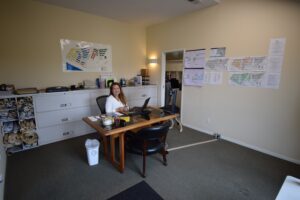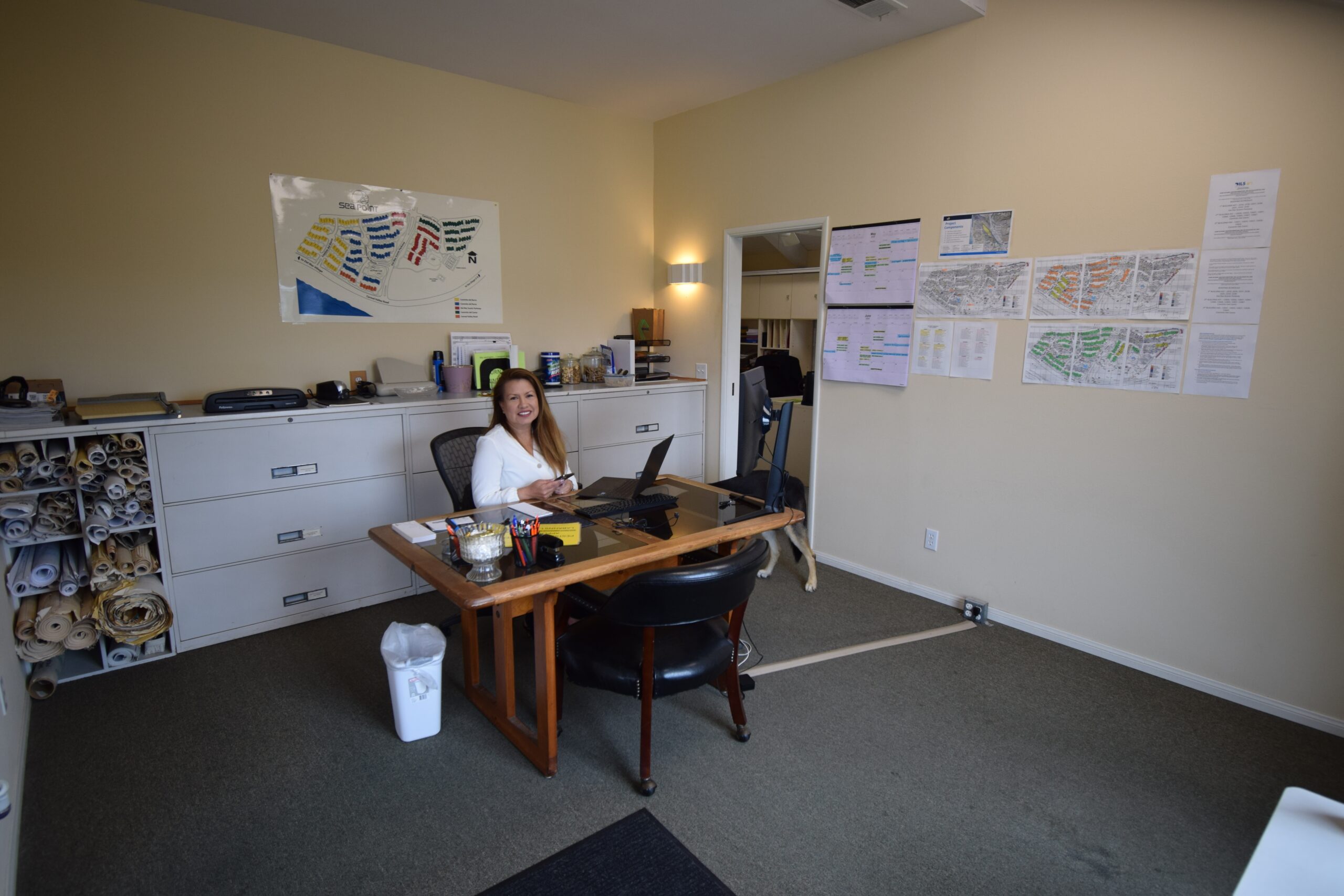
I recently had an eye-opening meeting with an employee I was mentoring, the manager of several homeowners associations under contract with a company I used to work for, and who continually blamed others for his misfortunes. Each time we talked, he recounted how someone else was at fault for the challenges he faced. For example, he once explained that his board packet was late because the vendors did not get him their proposals on time. It became evident that he wasn’t taking any responsibility for how his life unfolded. Instead of recognizing his role in his circumstances, he seemed to find solace in attributing blame to others. This deflection pattern affected not only his perspective but also his ability to make meaningful changes in his life.
During one of our meetings, I decided to offer a different perspective. I suggested that he consider the possibility that everything that happens to him is, in some way, his responsibility. I proposed that every wrong decision, every unfortunate event, and the overall trajectory of his life could result from his actions and choices and not those of others solely. This wasn’t meant to be harsh but rather a way to empower him to see that he has control over his destiny. He could start to influence positive changes by taking ownership of his life.
I explained to him that when you take responsibility for everything that happens to you, you become accountable to yourself. This accountability is crucial because it shifts your mindset from being a passive victim to an active participant. When you acknowledge that your choices have led you to where you are, you gain the power to make different decisions moving forward. This is the foundation of personal growth and development.In embracing this mindset, my subordinate began to understand that taking responsibility is not about self-blame but about self-empowerment. It’s about recognizing that you can shape your future. By holding himself accountable, he started to make more thoughtful and deliberate decisions. This perspective shift helped him create a more positive and proactive approach to life, ultimately leading to better outcomes and a more fulfilling existence.
Written by Fran Hidalgo

